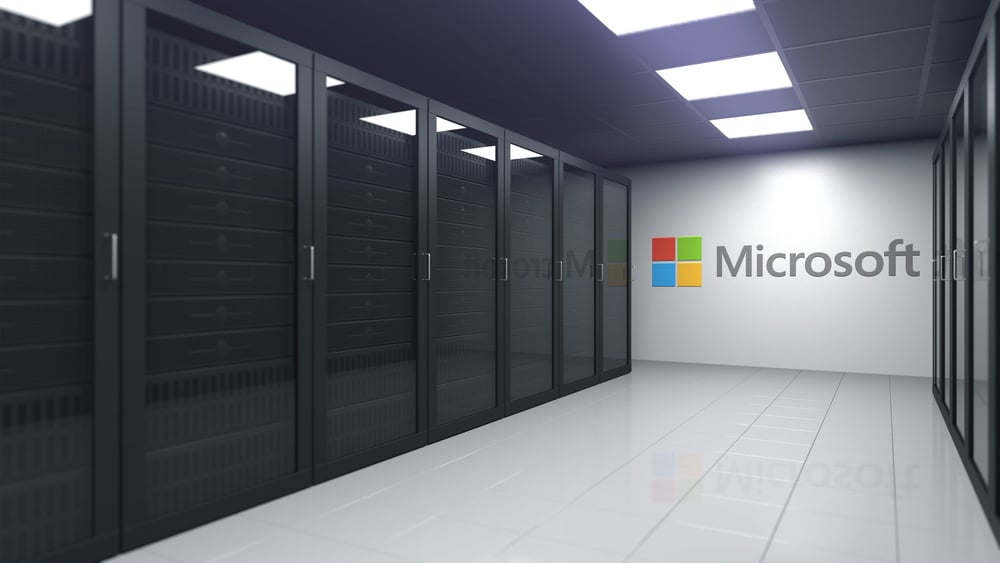Consider Microsoft’s Enterprise Cloud Suite with Eyes Wide Open

Companies licensing Microsoft software under Enterprise Agreements (EAs) likely have familiarity with the default requirement to true up EA Enterprise Products based on any increase either in the number of “Qualified Devices” (generally, workstations capable of running or accessing the licensed Microsoft products) or in the number of “Qualified Users” (employees who use Qualified Devices). While the EA incorporated user counts as a relevant licensing metric, it nevertheless has been a device-centric one that worked solely to Microsoft’s benefit (i.e., if the number of Qualified Devices remained stable while the number of Qualified Users grew, licensees still had to submit a true-up order).
Microsoft Enterprise Cloud Suite (ECS)
However, in the modern workplace, employees often do work using more than one device, including, for example, workstations at work, laptops at home, and handheld devices to access e-mail. Recognizing this, Microsoft recently announced the availability of the *Enterprise Cloud Suite (ECS) subscription as an alternative to device-based products available under the EA. ECS includes products traditionally licensed per device under the EA – Office, Enterprise access licensing to server products, and Windows Software Assurance – but it licenses those products per user, allowing access and use from any device. For some businesses with mobile workforces, ECS could represent an intriguing licensing option.
Microsoft Enterprise Cloud Suite Limitations
However, there are some limitations to keep in mind. First, ECS is a subscription. It is available either as a stand-alone User Subscription License or as an Add-On to existing Enterprise Products licensed under an EA, but either flavor – and the included license entitlements – will expire at the end of the agreement term. Traditional EA products are perpetual licenses that will remain valid notwithstanding a licensee’s decision to move away from the EA contracting model or to discontinue Software Assurance. Microsoft likes the subscription model for many reasons, but the greatest of those may be the fact that it gives Microsoft much more leverage when it comes time to renew – if the licensee fails to play ball on Microsoft’s terms, then the subscriptions expire, forcing the licensee to incur switching costs that likely would exceed the cost of staying dependent on Microsoft.
Microsoft Enterprise Cloud Suite SaaS Hesitancy
Another important point to keep in mind is the fact that the Office suite licensed under ECS is an Office 365 E3 SaaS offering. While the SaaS model has been enjoying increased acceptance among many businesses, many larger companies have been hesitant to make the jump to a platform that is controlled by a third party. Aside from risk-management concerns associated with potentially confidential data stored in The Cloud, ceding control of such a significant part of a company’s infrastructure again raises the potential that Microsoft could use that control as leverage during the next renewal discussions.
ECS is an interesting new licensing option, and it may be a good fit for many companies. However, it is important to approach it – and all other Microsoft offerings – with eyes wide open, with a full understanding of the risks and implications of moving to that model. In addition, companies that make the jump would be well served by devoting resources to identifying a “Plan B” for the functions to be wrapped up in ECS, to help maintain some measure of balance when it comes time to renew the relationship with Microsoft.
*Enterprise Cloud Suite (ECS) is now Secure Productive Enterprise.















